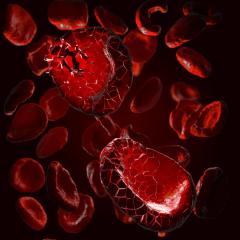
Overview of the ADVANCE Study: Methodology and Design
Panelists discuss how the ADVANCE study was structured to determine whether adding daratumumab to KRd enhances depth and durability of response in NDMM.
Episodes in this series

Panelists discuss how the ADVANCE study was designed to evaluate the efficacy and safety of daratumumab plus carfilzomib, lenalidomide, and dexamethasone (KRd) in newly diagnosed multiple myeloma (NDMM), focusing on achieving deeper minimal residual disease (MRD)–negative responses. They describe the study’s randomized, multicenter design comparing quadruplet and triplet regimens in both transplant-eligible and -ineligible patients. Key elements such as patient selection criteria, treatment cycles, and end points—including MRD negativity, progression-free survival, and overall survival—are reviewed. They note that stratification by cytogenetic risk and age enhances the study’s applicability to real-world populations. Panelists underscore the trial’s importance in defining the role of monoclonal antibodies within early-line therapy and its potential to shift treatment paradigms toward sustained MRD-driven strategies.
Newsletter
Stay up to date on recent advances in the multidisciplinary approach to cancer.






































